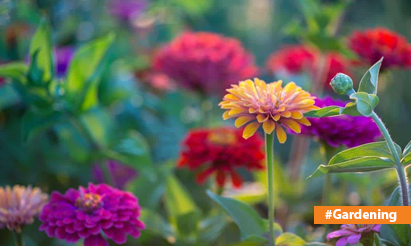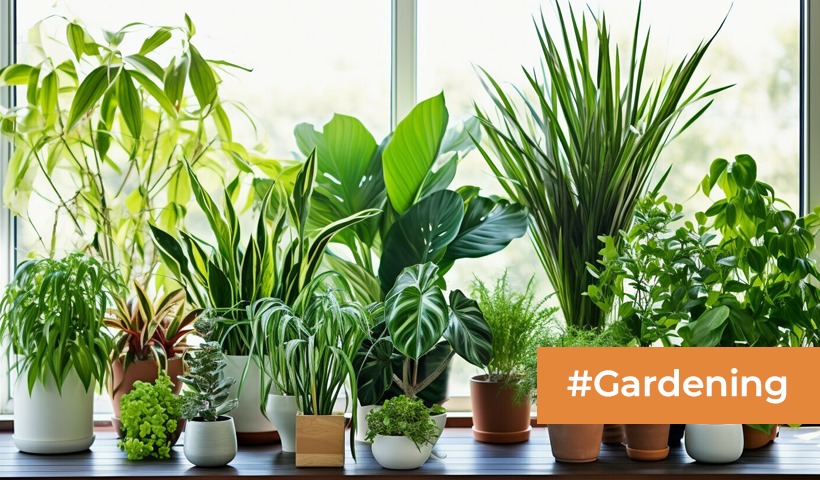Exploring the Advantages and Disadvantages of Hydroponic Farming!
Hydroponics is a method of growing plants without soil, using a nutrient-rich water solution as the growing medium. Here is a breakdown of what hydroponics is, its types, and its advantages and disadvantages:
- Types of Hydroponics:
- Deep Water Culture (DWC): The plants are suspended in a nutrient-rich water solution, with their roots submerged in the water.
- Ebb and Flow: The plants are placed in trays or pots that are periodically flooded with nutrient solution and then drained.
- Drip Irrigation: A timer-controlled pump delivers nutrient solution to the plants through a network of tubes and drippers.
- Nutrient Film Technique (NFT): A shallow stream of nutrient solution flows over the roots of the plants, providing them with nutrients and oxygen.
- Advantages of Hydroponics:
- Greater control over plant growth: Hydroponics allows for precise control over the plant’s nutrient intake, pH levels, and other environmental factors, resulting in faster growth and higher yields.
- Water conservation: Hydroponics uses up to 90% less water than traditional soil-based agriculture, making it a more sustainable and eco-friendly option.
- Less space required: Hydroponics can be set up in smaller spaces, making it ideal for urban agriculture and indoor gardening.
- Fewer pests and diseases: Hydroponic systems are less susceptible to pests and diseases than soil-based systems, reducing the need for pesticides and other chemicals.
- Disadvantages of Hydroponics:
- High upfront cost: Setting up a hydroponic system can be expensive, with the cost of equipment and infrastructure being a major barrier for some growers.
- Maintenance requirements: Hydroponic systems require regular monitoring and maintenance to ensure proper nutrient levels and prevent system failure.
- Power outages: Hydroponic systems rely on electricity to power pumps and other equipment, making them vulnerable to power outages.
- Lack of natural nutrients: While hydroponic systems can provide plants with all the necessary nutrients, some argue that the lack of natural soil microorganisms can affect the taste and nutritional content of the plants.
Overall, hydroponics offers a sustainable and efficient method of growing plants, but it may not be suitable for all growers due to the high upfront costs and maintenance requirements.
Disclaimer: The views expressed above are for informational purposes only based on industry reports and related news stories. PropertyPistol does not guarantee the accuracy, completeness, or reliability of the information and shall not be held responsible for any action taken based on the published information.


